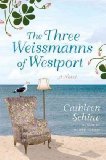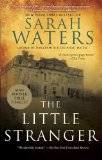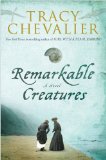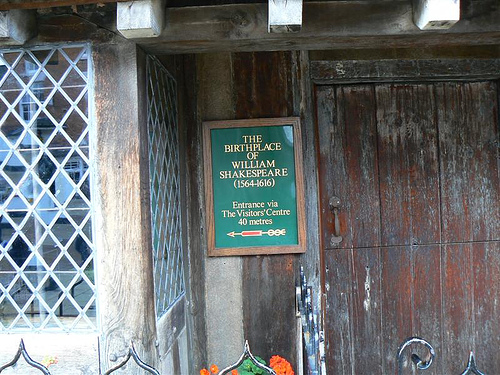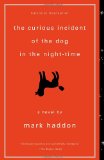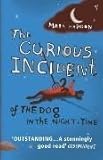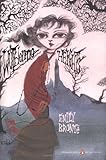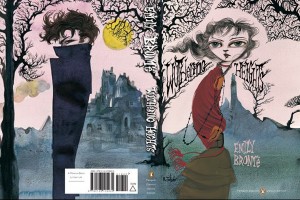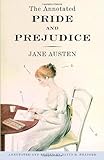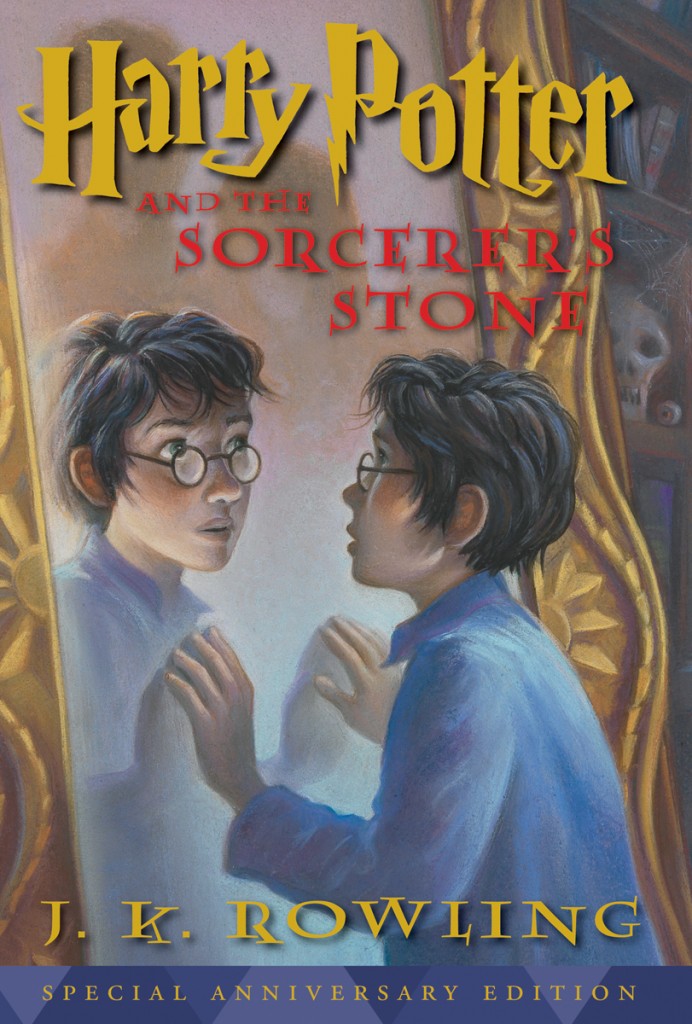 Cathleen Schine’s novel The Three Weissmanns of Westport is a modern retelling of Jane Austen’s Sense and Sensibility. I first became intrigued by the novel after I heard Lois Reitzes interview Schine on Between the Lines. Here is the interview:
Cathleen Schine’s novel The Three Weissmanns of Westport is a modern retelling of Jane Austen’s Sense and Sensibility. I first became intrigued by the novel after I heard Lois Reitzes interview Schine on Between the Lines. Here is the interview:
Cathleen Schine, author of The Three Weissmans of Westport
Schine explains in the interview that her motivation for telling the tale lay in part in the fact that in many ways, women today are as vulnerable to the same financial difficulties as the Dashwoods because of divorce. It was an interesting take. The story begins as Betty Weissmann learns her husband nearly fifty years, Joseph, plans to leave her for a younger woman, the Fanny Dashwoodish Felicity. In an argument over the apartment the Weissmanns share in the Central Park West area in Manhattan, Betty finds herself cut off from the money she has never had to worry about in the past. Meanwhile, Betty’s two daughters have troubles of their own. Schine has recast the characters into older counterparts, and I found it worked well. Annie is the Elinor figure; a librarian with two grown sons, she pines for Felicity’s brother, the novelist Frederick Barrows. Miranda is the Marianne figure, a literary agent who peddles fake memoirs and is outed by Oprah. Cousin Lou, the Mr. Middleton figure, comes to the rescue and offers the Weissmanns his cottage in Westport because they’re “like family.” The three women move in together. Miranda falls in love with the dashing young actor Kit and his son Henry. Betty mourns the death of her marriage like a true widow. Annie wonders how she is going to pay all the bills.
One of the enjoyable aspects of reading derivative works like this—modern updates or retellings—is seeing how an old story can still speak to a modern audience and can still be as fresh and as true as it ever was. I particularly liked A Thousand Acres, Jane Smiley’s retelling of King Lear for that reason. This retelling works. The situations were plausible, and the characters were flawed, but intriguing and funny and even charming enough to keep me interested. In this case, knowing Sense and Sensibility made me wonder how the author might, for instance, deal with Willoughby’s betrayal or Elinor’s introduction to Lucy Steele. It was satisfying to turn the page, then, and see it coming. For instance, as soon as Amber and Crystal walked on the scene, I thought “here come the Misses Steele.” Schine captured those two particularly well. The book has a lot of pop culture references, from James Frey, to Shamwow, to Snuggies, and more, but I wonder if these problems won’t date the book in the future. Then again, maybe it will be a snapshot of the early 21st century. Austen purists won’t like some of the changes made to the ending. I think the ending Sense and Sensibility of is one of the best endings ever. However, I liked the ending of this book. Around about the middle, I had to keep plowing through the book to see how Schine would modernize next.
Rating:





This is my first book for the Everything Austen Challenge.
